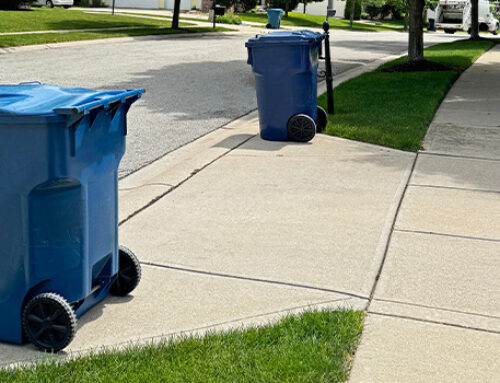Whether you are purchasing a home for the first time in a Homeowners Association (HOA), or have lived in one for some time, the term “special assessment” should be familiar to you. But what are special assessments, and how do they differ from regular assessments?
Regular assessments, or “dues,” are what homeowners pay every year towards the association to keep things running smoothly. These dues can be monthly, quarterly, biannually, or annually, and are a predictable expense from homeowners.
Special assessments are what the name suggests, they are unexpected payments levied by the Board to pay for certain emergency expenses that have not been budgeted for. These emergency expenses can arise from repairing damage caused by natural disasters, such as fixing roads or community amenities. They may also include major projects that exceed their budget or other unforeseen issues that deplete the association’s reserve fund.
Additionally, HOAs maintain a “reserve fund,” to help pay for unexpected emergencies the community needs to take care of. This fund is to help the association pay for emergencies or special projects. The fund is built from extra contributions beyond regular assessments for a rainy day.
Are they Necessary?
The short answer is yes – when special assessments are levied, they are necessary. The HOA’s Board does not wish to accrue unnecessary costs to homeowners unless necessary. Special assessments are collected when there are no extra funds available for the Board to begin repairing unexpected damages or finish a project that has been started.
For example, if a hailstorm damages the roof of the amenity center, the Board will has to close the center due to safety concerns. If the Board cannot afford to fix the roof through the reserve fund or regular assessments, A special assessment will have to be levied to repair the roof in a timely manner. Keeping the amenity center open is important for maintaining property values, as an extended closure could affect home prices in the area.
Navigating The Legality and Trust of Special Assessments
When a special assessment is proposed, it is important to review the governing documents and state statutes concerning your association. Each association is different, some may require homeowner approval for the assessment, while others may not. State laws vary too, with some limiting how much an HOA can charge, while others leave it up to the association’s rules.
Special assessments can range in cost and might need to be paid all at once instead of over installments. If you are unable to pay the cost, speak to the Board about monthly payment plans or a deferment. HOAs have a legal right to claim special assessments and can fine extra fees or place a lien on the property if overdue.
Boards should be trusted by the homeowners they oversee. When making a yearly budget, commit a reasonable amount of money to the reserve fund, as well as a fund for regular repairs throughout the year. Boards should prioritize transparency and communication, ensuring homeowners understand why the assessment is necessary and how the funds will be used. By fostering trust and open dialogue, Boards can help alleviate concerns and encourage cooperation from the community. For help managing your HOA community or navigating special assessments as an HOA board member, contact Spectrum Association Management to learn how we can help.







